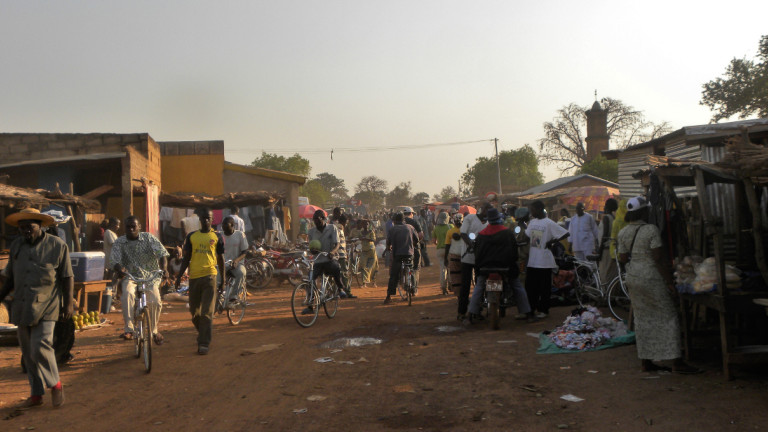Burkina Faso, Mali and Niger: Military juntas announce withdrawal from ECOWAS
Event
On 28 January, Burkina Faso, Mali and Niger announced their decision to withdraw from ECOWAS (Economic Community of West African States). They motivated this unprecedented move by saying that ‘ECOWAS is under foreign influence, has betrayed its founding principles and is incapable to help them fight terrorism and insecurity’. In addition, they criticised ECOWAS sanctions against their military regimes. The three countries were founding members of ECOWAS in 1975. According to the ECOWAS Treaty, a formal withdrawal cannot be finalised within less than one year.
Impact
This decision has been driven directly by the tense relations each of these countries has been having with ECOWAS since military juntas seized power in the past years and sanctions were put in place. ECOWAS even envisaged a military intervention in Niger after last year’s coup. Therefore, the exit from ECOWAS has to be interpreted as a way to break free from any regional and external political influence. The recent withdrawal of French troops from those countries follows the same logic. Moreover, it comes on top of their ‘Alliance of Sahel States’, which was signed last September with the aim to join military and political forces to fight jihadist terrorism.
According to the ECOWAS Treaty, the three countries cannot exit the regional bloc within less than one year, and will thus remain members until the end of January 2025. Moreover, as negotiations will be complex, involve a heavy administrative burden and even necessitate talks with the African Union, it cannot be ruled out that a political compromise will be found that will convince them to remain ECOWAS members.
This said, what would be the consequences of such an exit? First, it would have a negative economic impact. ECOWAS ensures free circulation of people and goods between member states, reduces customs duties and promotes regional economic integration (e.g. with common regulations). Therefore, negative repercussions and hindrance to future trade with neighbouring countries are expected. The three countries will continue to be exempted from tariff barriers in trade with the other five WAEMU (West African Economic and Monetary Union) members of ECOWAS as long as they remain WAEMU members. They will nevertheless be imposed the ‘ECOWAS common external tariff’ when doing business with the ten remaining ECOWAS members such as Nigeria, the largest regional economy. Besides, there is further uncertainty around the currency. Although the three countries remain members of the WAEMU to date, they have suggested they might abandon the CFA franc (which is still partly managed by the French Treasury) and create a new common currency between them. Though it would in the first place be a long-term goal, this means they would not join the eco, the future regional currency that is supposed to replace the CFA franc for WAEMU members and Nigeria. This might have severe implications for their economic stability (i.e. currency volatility, inflation, foreign exchange reserves, etc.), which is already suffering from the very poor security situation, especially in Mali and Burkina Faso.
Second, the other main impact will be on security. For ECOWAS, the triple withdrawal implies it has failed in its aim to defend democracy and preserve security within the region. By obliging the French forces to leave the country and removing any regional leverage from ECOWAS, the military juntas will not be able to deal with the jihadism problem alone due to insufficient military capacity, logistics and intelligence. Therefore, they will probably substitute foreign influence and get even closer to Russia, confirming the gradual trend observed over the past years. However, in a context of growing global and regional competition, further security support and involvement might also come from non-western powers such as Iran, Turkey or China. Finally, political independence from ECOWAS will strengthen the power of the respective armies. Hence, their main risk will lie in their incapacity to reverse the security deterioration which could undermine their current popularity. It also remains to be seen how relations with the African Union and foreign partners (e.g. France, US troops in Niger) will evolve. Despite the latest developments, it is uncertain whether those decisions can be reversed should the economic, political or security situation deteriorate and political regimes change.
Credendo’s MLT political risk ratings for Burkina Faso, Mali and Niger are in the highest category, 7/7, and will remain unchanged in the foreseeable future. As for the ST political risk, no rating change is foreseen at this stage but the outlook is negative. Should a decision to abandon the CFA franc be made and finalised in the coming years, it would further deteriorate country risk assessments.
Analyst: Raphaël Cecchi – r.cecchi@credendo.com
